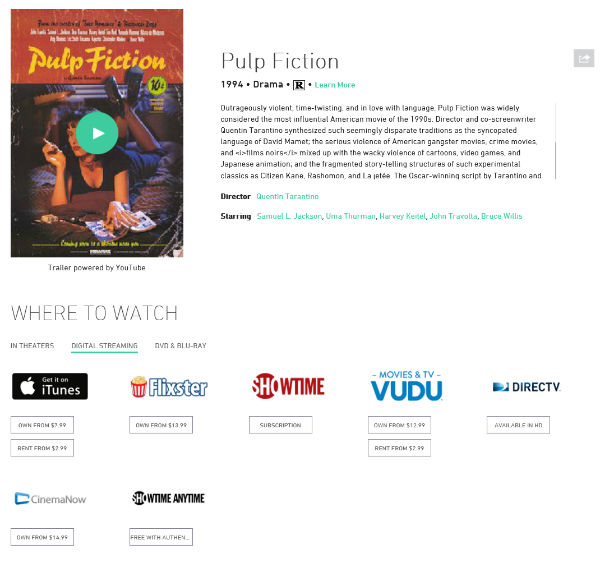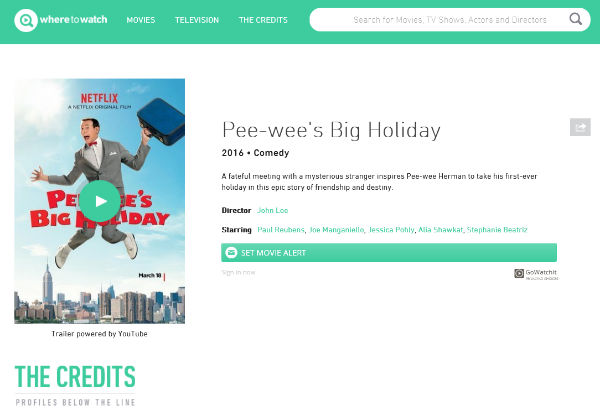 After many years of litigation aimed at forcing the world’s largest pirate sites to their knees, the situation on the ground hasn’t changed very much for Hollywood.
After many years of litigation aimed at forcing the world’s largest pirate sites to their knees, the situation on the ground hasn’t changed very much for Hollywood.
Despite having many important legal wins under their belts, almost every single movie is available for immediate download within a few mouse clicks. In fact in some respects the position today is much worse than it was five or even ten years ago.
But while the sites themselves continue largely as before, progress is being made with other players in the Internet ecosystem, a fact recognized by MPA Europe president Stan McCoy as he addressed colleagues in France last week.
“Protecting creativity takes commitment from a whole ecosystem of people and organizations, from theater owners and operators, to technology companies and online service providers, to retailers both large and small, to Internet intermediaries, to law enforcement authorities,” he said.
While relationships with Hollywood are somewhat fragile, Google has indeed made many gestures towards the entertainment industries by helping to make copyright-infringing content harder to find. Payment processors are also doing their part, with Visa, MasterCard and PayPal all trying to stop pirate operations from using their services.
Nevertheless, the overarching message is that Google can always do more and indeed isn’t doing enough. One only has to look at the war of words taking place over the recent Copyright Office DMCA submission process to see that the battle is far from over and more blood is yet to be spilled.
But McCoy appears optimistic and notes that those engaged indirectly in the piracy ecosystem are beginning to come round to Hollywood’s way of thinking that they must together share responsibility to solve the problem.
“I put it to the audience that we may have come to a turning point in our fight against piracy, a point where intermediaries begin to understand that the creative industry does not seek to shy away from its duties and responsibilities – and it really has not – but that instead all players in the ecosystem, which of course includes not only access providers, but also search engines and payment processors amongst others – have a role to play,” said.
If that is the case then Hollywood has probably come a long way. It certainly isn’t going to solve this problem on its own and having powerful allies on board will certainly help its cause. The emphasis these days is indeed on voluntary cooperation such as warning notices schemes but it’s unclear how much further ISPs are prepared to go and whether the notices even have much effect.
But of course one shouldn’t forget the consumers so it’s no surprise that McCoy had something to say about the European Union Intellectual Property Office (EUIPO) study published last week which found that 38% of young people see nothing morally wrong in piracy.
“What is more staggering is that nearly one in four believed that they were doing nothing wrong in accessing digital content from illegal sources for personal use,” McCoy said.
“Clearly it is important that young people understand that making a film, writing a book or recording a song, the amount of time, effort and investment is more than a passion – it is also someone’s livelihood. Let’s remember that 7 million people work in the creative industry in Europe.”
But what that very same survey also found is that the number one reason (58%) for young people to stop using illegal sources would be the availability of affordable content from legal sources. The MPAA is campaigning heavily at the moment claiming it is doing just that, but there are also clear signs that the EU’s plans to outlaw geo-blocking and open up content EU-wide aren’t sitting well with the studios.
In a posting to his LinkedIn page, McCoy likens Europeans’ distrust of genetically modified food to the EU’s plan to tweak copyright law.
“Many Europeans are skeptical of genetic modification when it comes to foods. Should they also be skeptical of genetic modification of … copyright laws?” he asks.
“With its efforts to institute the Digital Single Market and the recent Proposal for a Regulation on Portability, the European Commission seems intent on tinkering with the DNA of the current copyright law. This could have uncertain results for the 7 million people in Europe’s core creative industries, whose livelihoods depend on the copyright system.”
Pointing to a study financed by the EU Commission itself, McCoy suggests there is no need to outlaw geo-blocking, since all but 10% of people are available to find everything they want online.
“The European Commission should rigorously apply its own better regulation guidelines to all copyright proposals, including ensuring that they are backed by strong evidence,” he adds.
“In cases where the evidence isn’t there, then maybe we should stay away from genetically modified rights … and stick with organic.”
Needless to say, not everyone agrees with his stance.
Source: TF, for the latest info on copyright, file-sharing, torrent sites and ANONYMOUS VPN services.

 There’s a slight panic breaking out among KickassTorrents users, who are having a hard time accessing the site.
There’s a slight panic breaking out among KickassTorrents users, who are having a hard time accessing the site. 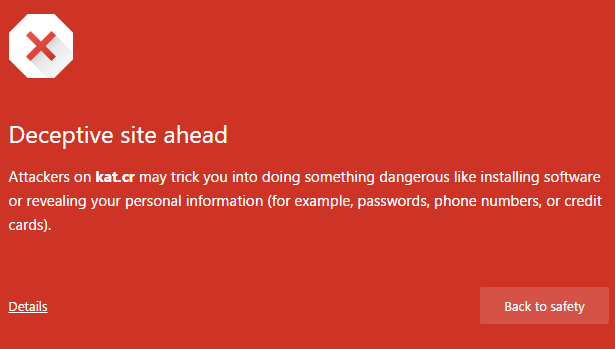
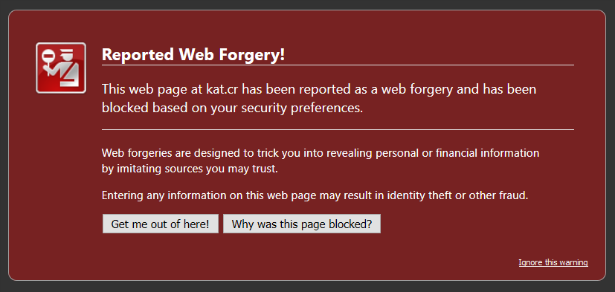



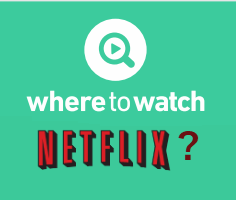 During the fall of 2014 Hollywood launched
During the fall of 2014 Hollywood launched 